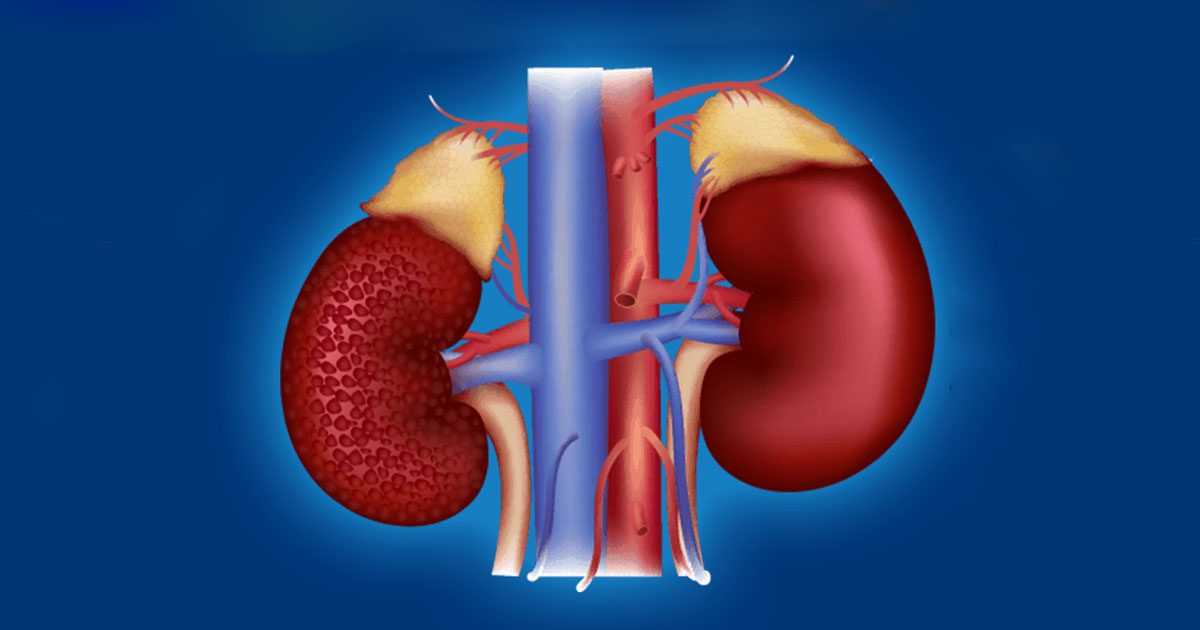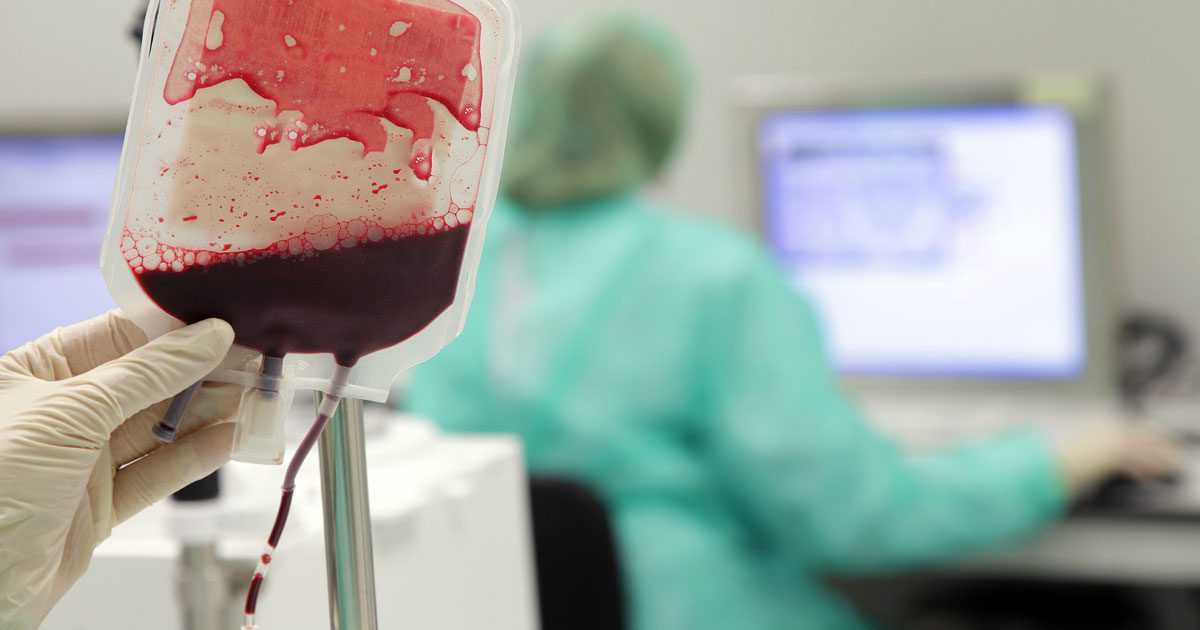HELLP syndrome is a serious complication during pregnancy and is considered as a variant of preeclampsia. It usually starts during late pregnancy (during last trimester before the 37th week) or after childbirth (48 hours of delivery, although symptoms may take up to 7 days to be evident). Its name is derived from its three main symptoms:
- H- hemolysis (the breakdown of red blood cells)
- EL- elevated liver enzymes ( reduced liver function)
- LP- low platelets counts
To know all about this syndrome go through the following words.
Causes:
The exact cause of HELLP is unknown, but it is considered that general activation of the coagulation pathway is the main underlying problem. But some factors are really considered responsible for HELLP syndrome occurrence and they are listed below:
- Previous pregnancy with HELLP Syndrome
- Preeclampsia or pregnancy-induced hypertension.
- Women over the age of 25.
- Caucasian race.
- Multiparous (given birth two or more times).


Signs and Symptoms:
Major symptoms which are observed in this syndrome are following;
- Epigastric pain
- Malaise
- Nausea or vomiting.
- Bleeding
- Blurred vision
- A headache
- Edema
- Hematoma
A woman suffering from HELLP may experience some other symptoms that may be attributed to other things such as normal pregnancy concerns or other pregnancy conditions. To make your pregnancy safe you can take help from the best gynecologist in Lahore, Karachi or other main cities of Pakistan by logging on to Marham.pk.
Must Read: 5 Most Reviewed and Best Gynecologists in Karachi
Complications:
Most common risk factors and complications associated with this syndrome are following.
- Placental abruption
- Pulmonary Edema ( fluid buildup in the lungs)
- Disseminated intravascular coagulation (DIC—blood clotting problems that result in hemorrhage)
- Adult Respiratory distress syndrome (lung failure)
- Ruptured liver hematoma
- Acute renal failure
- Infant Respiratory Distress syndrome (lung failure)
- Blood transfusion


Treatment:
Here some good treatments are listed which usually physicians follow to overcome this life-threatening syndrome.
- Bed rest and admission to a medical facility for close monitoring
- Corticosteroid
- Magnesium Sulfate
- Blood transfusion if platelet count gets too low
- Blood pressure medication
- Fetal monitoring and tests including biophysical tests.
Stay aware of all pregnancy-related issues to stay safe. A little care and precautionary measures can save you from future suffering and discomfort.





